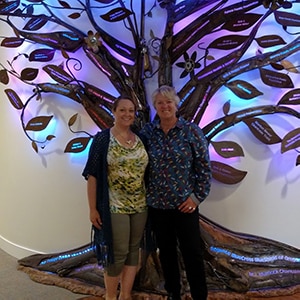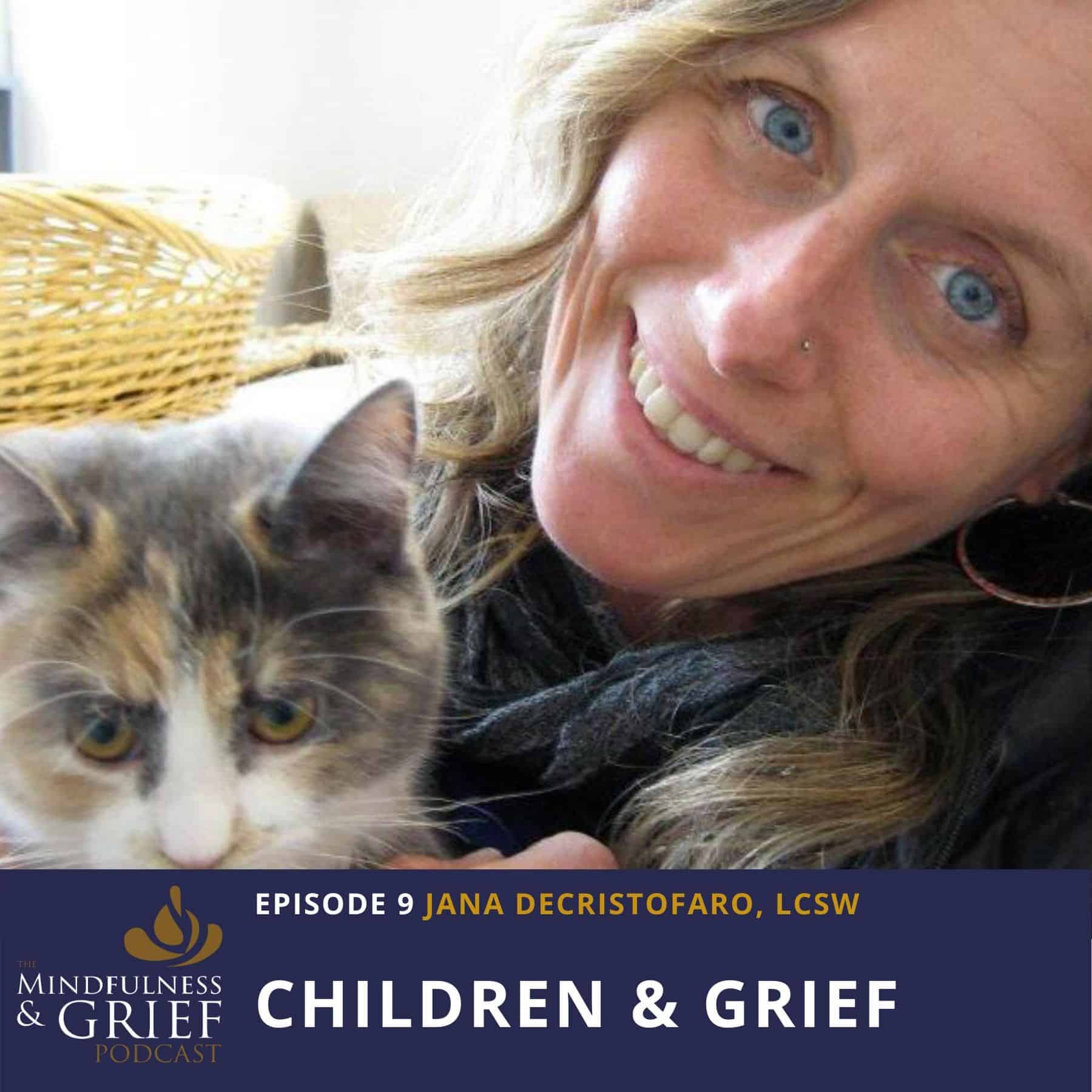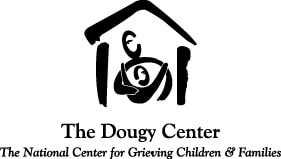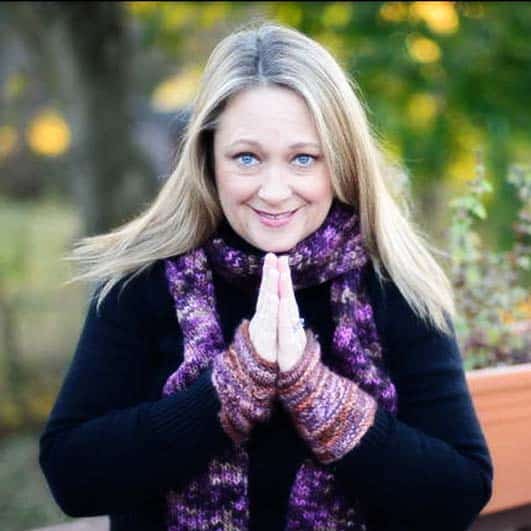Children & Grief
How To Help Kids Cope With Loss Early In Life
With Jana DeCristofaro, LCSW
SHOW NOTES
In the ninth episode of the Mindfulness & Grief Podcast, we learn helpful and compassionate ways we can help children cope with grief. More importantly, we learn how to help them help themselves, so they can build coping skills that will last a lifetime. Jana DeCristofaro, LCSW and Community Response Program Coordinator of The Dougy Center shares her wisdom on Children & Grief, including how peer support can empower children, and the many ways we can help at home and at school. Find resources for Children & Grief at The Dougy Center's Web Site , and be sure to listen to their Grief Out Loud Podcast, hosted by this week's guest, Jana DeCristofaro.
The people that we are working with - the kids and the teens - they know what they need, they are an expert in their own experience. Our job is to facilitate safe opportunities for expression, not to tell them or teach them what they have to do.
- Jana DeCristofaro

The Dougy Center, known as The National Center for Grieving Children & Families, provides "support in a safe place where children, teens, young adults and their families grieving a death can share their experiences." The Dougy Center also provides support families with a loved one facing an advanced, serious illness. The house that The Dougy Center calls home feels like the home we all wish we had - warm and comfortable - and with a room to match every mood a grieving child may face. There is the Volcano Room where you can let off steam when you have big energy, a Black Box Theater room with costumes, where you can act out your own story of love, and my favorite, the circular Talking Circle Room, complete with dome ceiling and stuffed animals.
The staff is as accommodating and non-judgmental as the rooms, and this week I had the opportunity to interview Jana DeCristofaro, who is both the Community Response Program Coordinator of The Dougy Center, and the host of their podcast, Grief Out Loud. Jana starts us off by explaining the concept of peer support, the model that The Dougy Center offers to grieving children:
The main tenant behind peer support is honoring that there is a lot of knowledge and wisdom that other people that are going through this similar experience can share with one another, and it doesn’t have to come from a particular “expert…” and also recognizing that with that collective wisdom and understanding, there sometimes needs to be some help and support around facilitating that conversation.

After all, grief is a natural reaction to loss, and children benefit from being able to share their feelings with a safe, non-judgmental listener, just like adults. The task at hand for a grieving child is the same as for an adult - to learn how to live life without the person physically present, and to simultaneously find ways to incorporate their loved one's memory and legacy into their life after loss.
Children and teens crave connection with peers, and feeling "different" can be a big challenge for any grieving child. Spending time with other grieving children can normalize the abnormal feelings that grief stirs up.
All of these kid and teens come to The Dougy Center because they’ve had someone in their life die, or someone in their life is dying, and that’s what makes them really stand out at their school or in their community. So they come here because of that, but then they are seen as so much more than that when they are here, and that seems to bring a lot of comfort and reassurance to these kids. To know they can come into a room with other teenagers and talk about the things the love and the things they miss, let someone see them more than just their story of having had someone in their life die.

As a seven year old, my mother had to deliver the very painful news that her brother died by suicide. It was the worst day in her life, and yet looking back, she did a really good job of giving me the information I needed, without overwhelming me with details that would have been too upsetting. How much information is too much? There isn't a clear cut answer to that question, but we can empower grieving children by allowing them to talk about their special person, and ask questions without being shut down. Grieving children are tuned in and listening, so an open line of communication is your best bet.
One of the things that can be most challenging for kids is when they are not given information about what is happening or what is going to be happening. Oftentimes for adults that can come from a real natural, instinctive place to protect kids.… “I don’t want my kid to be hurt, so I’m going to tell them a story that maybe feels easier to take than the reality of what happened. What we found is that for kids is that creates a lot more challenge for them, partially because a lot of times they already know, because kids are listening, they are picking up on things that are happening in their household, and sometimes they might know the story… but the adults in their life are telling them a different story, so they think the adults don’t know, so they have to protect the adults.
Jana offers some really great advice on children and grief in this podcast, so I hope you will listen and share with anyone who many benefit!
Please Subscribe, Rate or Review The Mindfulness & Grief Podcast
I hope you enjoy this episode, and welcome your feedback and reviews on iTunes, Castbox, Google Play, Spotify, Stitcher, iHeartRadio and YouTube. Subscribing, rating or reviewing the podcast will help it become more visible so others can benefit from these teachings.
Show Host: Heather Stang
Show Engineer: Todd Campbell of Hub City Recording
Music:
The Atomic Mosquitos



